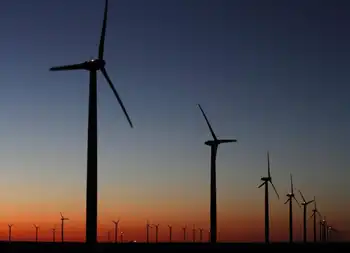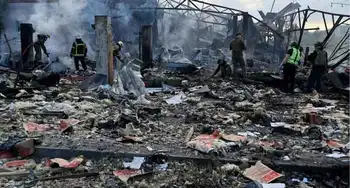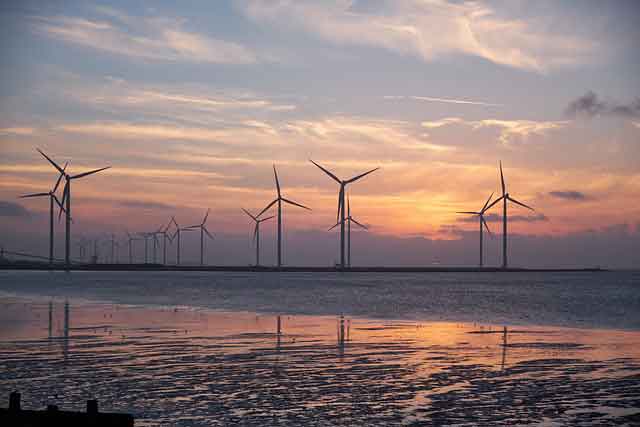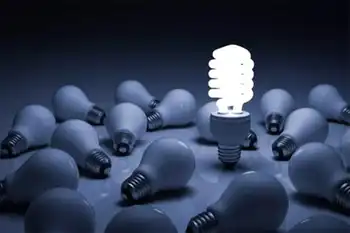Korea nuclear crisis talks deadlocked, to continue
BEIJING, CHINA - Six-party talks on the North Korean nuclear crisis appeared to be deadlocked and facing possible failure, but North Korean and other negotiators vowed to continue talking in an attempt to narrow differences.
Using a Chinese draft as a basis for discussion, the two Koreas, the United States, Russia, Japan and the host nation have been locked for days in intensive discussions aimed at agreeing on a joint statement, however bland, that everyone can sign.
As negotiations went into week two, making this the longest of four rounds since the crisis erupted in 2002, the parties were still apparently unable to discuss openly the critical issue of North Korea relinquishing its nuclear programs.
Pyongyang continued to spurn U.S. and Japanese demands that it scrap all of its nuclear programs, even those for peaceful means, until a list of demands was met, a diplomatic source said.
The secretive North also repeated its denial that it even had a uranium enrichment program, the source close to the talks said, and noted there was furious disagreement over the "scope of the abandonment" of Pyongyang's nuclear programs.
"This is one of the most contentious issues," he said.
Russia's Interfax news agency quoted an informed North Korean source as saying the talks were likely to end the first week of August.
"Our estimate is that the round should end (soon)," the source said. "We believe that if we fail to sign a final document, that would mean that the fourth round... failed."
Chief delegates agreed that whether and when North Korea abandons its nuclear programs was central to the discussions.
"This is an issue that holds the key to whether we will be able to draft a joint statement," he said.
China, the talks host and Pyongyang's closest ally, attempted to mediate in the dispute, saying the North could be entitled to have reactors for civilian use if it rejoined the nuclear non-proliferation treaty (NPT).
Related News
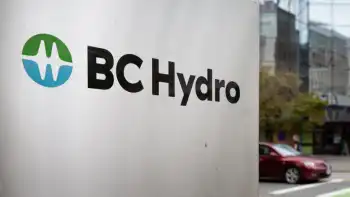
BC Hydro electricity demand down 10% amid COVID-19 pandemic
VANCOUVER - Elecricity demand is down 10 per cent across British Columbia, an unprecedented decline sparked by the COVID-19 pandemic, according to a BC Hydro report.
Power demand across hotels, offices, recreational facilities and restaurants have dwindled as British Columbians self isolate.
The shortfall means there's a surplus of water in reservoirs across the province.
"This drop in load in addition to the spring snow melt is causing our reservoirs to reach near capacity, which could lead to environmental concerns, as well as public safety risks if we don't address the challenges now," said spokesperson Tanya Fish.
Crews will have to strategically spill reservoirs…

